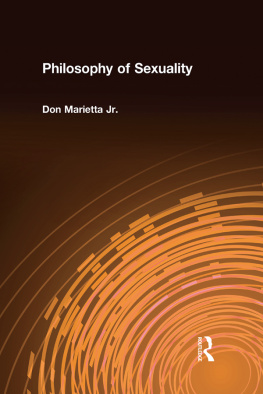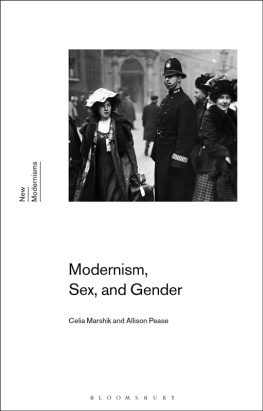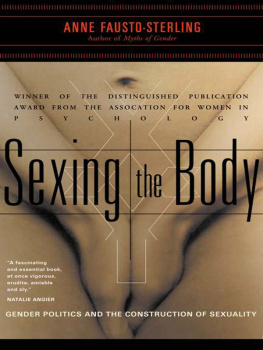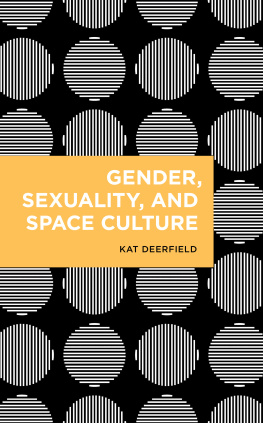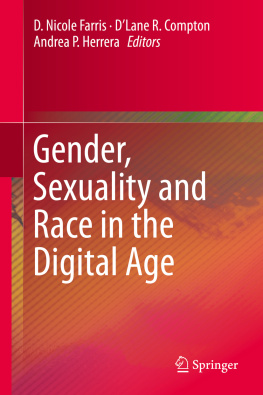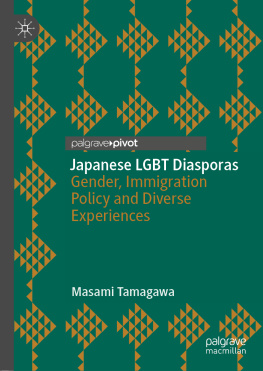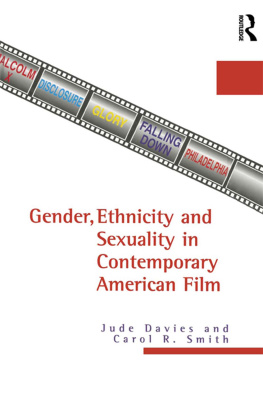Fataneh Farahani - Gender, Sexuality, and Diaspora
Here you can read online Fataneh Farahani - Gender, Sexuality, and Diaspora full text of the book (entire story) in english for free. Download pdf and epub, get meaning, cover and reviews about this ebook. year: 2017, publisher: Routledge, genre: Home and family. Description of the work, (preface) as well as reviews are available. Best literature library LitArk.com created for fans of good reading and offers a wide selection of genres:
Romance novel
Science fiction
Adventure
Detective
Science
History
Home and family
Prose
Art
Politics
Computer
Non-fiction
Religion
Business
Children
Humor
Choose a favorite category and find really read worthwhile books. Enjoy immersion in the world of imagination, feel the emotions of the characters or learn something new for yourself, make an fascinating discovery.

- Book:Gender, Sexuality, and Diaspora
- Author:
- Publisher:Routledge
- Genre:
- Year:2017
- Rating:3 / 5
- Favourites:Add to favourites
- Your mark:
- 60
- 1
- 2
- 3
- 4
- 5
Gender, Sexuality, and Diaspora: summary, description and annotation
We offer to read an annotation, description, summary or preface (depends on what the author of the book "Gender, Sexuality, and Diaspora" wrote himself). If you haven't found the necessary information about the book — write in the comments, we will try to find it.
Gender, Sexuality, and Diaspora — read online for free the complete book (whole text) full work
Below is the text of the book, divided by pages. System saving the place of the last page read, allows you to conveniently read the book "Gender, Sexuality, and Diaspora" online for free, without having to search again every time where you left off. Put a bookmark, and you can go to the page where you finished reading at any time.
Font size:
Interval:
Bookmark:

- Intersections between gender and power differentials based on age, class, dis/abilities, ethnicity, nationality, racialisation, sexuality, violence, and other social divisions.
- Intersections of societal dimensions and processes of continuity and change: culture, economy, generativity, polity, sexuality, science and technology;
- Embodiment: Intersections of discourse and materiality, and of sex and gender.
- Transdisciplinarity: intersections of humanities, social sciences, medical, technical and natural sciences.
- Intersections of different branches of feminist theorizing, including: historical materialist feminisms, postcolonial and anti-racist feminisms, radical feminisms, sexual difference feminisms, queerfeminisms, cyberfeminisms, posthuman feminisms, critical studies on men and masculinities.
- A critical analysis of the travelling of ideas, theories and concepts.
- A politics of location, reflexivity and transnational contextualising that reflects the basis of the Series framed within European diversity and transnational power relations.
I am not there and I am not here.
I have two names, which meet and part,
and I have two languages.
I forget which of them I dream in.
You were wary of travel
but home.
Font size:
Interval:
Bookmark:
Similar books «Gender, Sexuality, and Diaspora»
Look at similar books to Gender, Sexuality, and Diaspora. We have selected literature similar in name and meaning in the hope of providing readers with more options to find new, interesting, not yet read works.
Discussion, reviews of the book Gender, Sexuality, and Diaspora and just readers' own opinions. Leave your comments, write what you think about the work, its meaning or the main characters. Specify what exactly you liked and what you didn't like, and why you think so.

